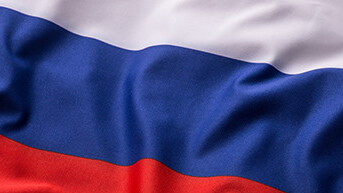On Thursday, Russian president Vladimir Putin signed new laws that will see internet and telecom service providers collect users’ private information, store it for up to three years and hand it over to the government on request.
In addition, calls, texts, photos, and internet activity will have to be stored for six months; encrypted messaging services like WhatsApp will have to hand over decryption keys to government agencies or face hefty fines.
With that, Russia is set to turn into a full-blown surveillance state. There’s really no sense in going forward with a plan like this: the US National Security Agency is believed to have only foiled two terrorist plots over the course of several years during which it collected information on citizens’ communications. All it really achieved was a gross violation of people’s right to privacy.
Whistleblower Edward Snowden is not impressed; he noted that the new laws will cost Russia’ telecom industry roughly $33 billion to enforce.
Signing the #BigBrother law must be condemned. Beyond political and constitution consequences, it is also a $33b+ tax on Russia's internet.
— Edward Snowden (@Snowden) July 7, 2016
The legislation is similar to the UK’s misguided Investigatory Powers Bill, which is still being read in the House of Lords and hasn’t yet come into force. The commonalities include high costs, a gross underestimation of the quantity of data that will be recorded and the efforts required to effectively analyze them for law enforcement and a massive burden on communication service providers.
Beyond these issues, such surveillance laws serve to stifle people’s freedom of expression and make them fear their government and its intrusive ways. And dismantling such legislation, if it’s at all possible to do so after proving its uselessness, can take ages.
Perhaps that’s exactly what Putin wants.
Get the TNW newsletter
Get the most important tech news in your inbox each week.





